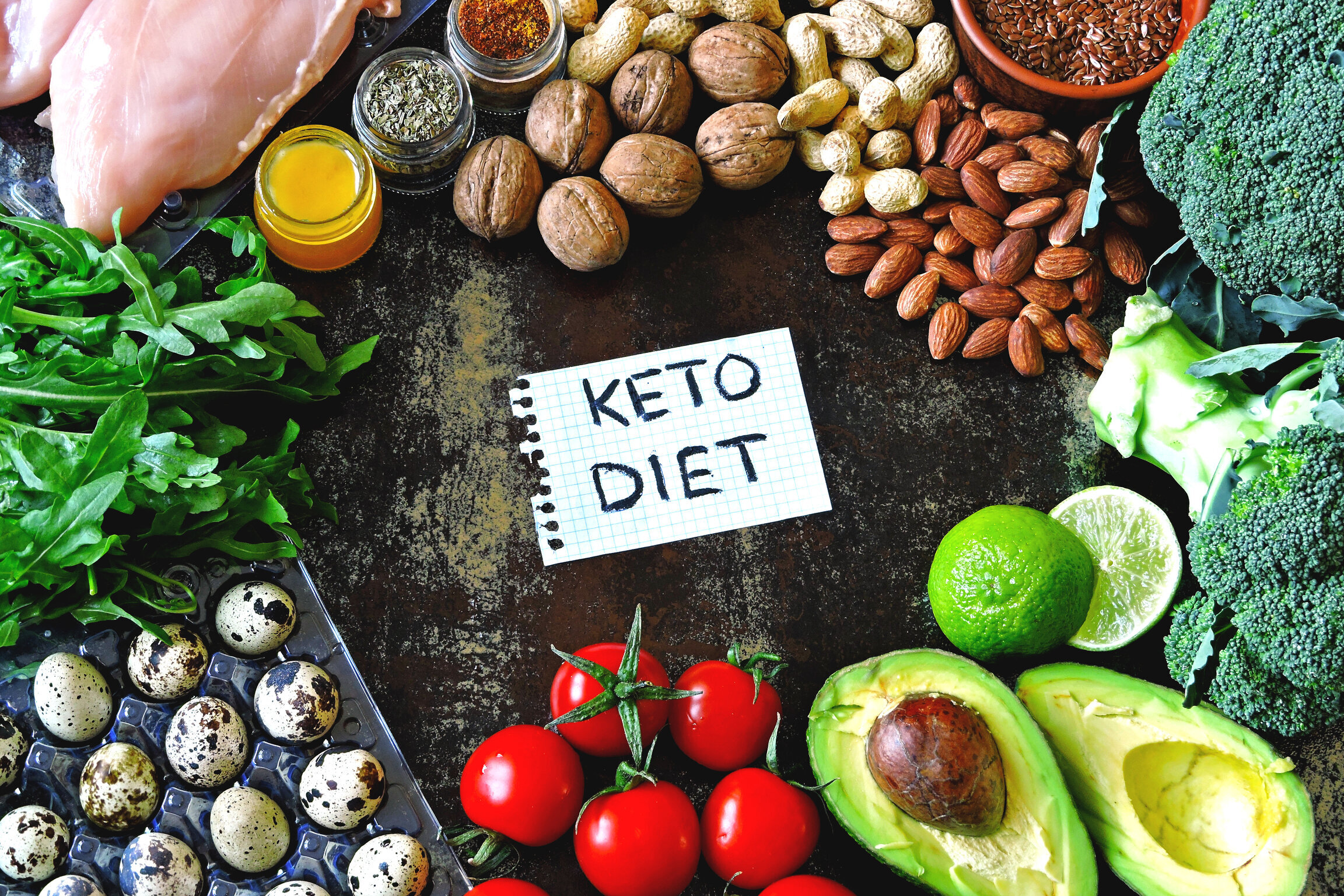
We’ve heard it so many times before. The belief that eating carbohydrates make us gain weight, that going on a low-carb diet is the best for weight loss, and many more.
It seems that we’ve been going back and forth on this for years in society - and to be honest, it has continued to create confusion amongst consumers.
Hopefully this blog post will be able to break a few things down for you and leave you in no doubt of what the reality is concerning carbohydrates.
So - do carbohydrates make us fat?
The thinking behind this is related to the carbohydrate-insulin model of obesity; that is to say that eating high-carbohydrate diets (such as a whole-food, plant-based diet) leads to excess insulin secretion, promoting fat accumulation and increasing our energy (calorie) consumption. This was looked at in a randomized crossover study which took 20 adults (1) and split them into two groups - one consuming a minimally processed, plant based diet and the other consuming an animal-based, ketogenic diet.
Given the previous hypothesis, surely those eating the plant-based diet would over-consume calories and eat more, right?
Wrong.
Over the two weeks it was shown that those on the low fat, high carbohydrate diet actually consumed less calories than those on the ketogenic diet - essentially throwing the previous theory out of the window.
So why are we seeing so much fanfare around low-carb, ketogenic style diets?
Essentially these diets - as with any touted weight-loss diet for that matter - focuses on eating in a calorie deficit. If weight loss is the goal, then simply being in a calorie deficit, that is to say eating less calories than our bodies burn, will lead to weight loss. This relationship between calories in and calories out is known as energy balance.
Weight loss and health are not the same thing. You can lose weight eating whatever you want, and as long as you are in a calorie deficit, you will drop weight. So whilst you may lose weight on a ketogenic diet, if it’s health you’re chasing you may want to go back to the drawing board.

Not all carbohydrates are created equal
It’s so important to note that not all carbohydrates are created equal. On one hand, we have simple (refined) carbohydrates - foods essentially stripped of all their nutrients.
Think white bread, white flour, doughnuts, etc.
And on the other hand we have complex (unrefined) carbohydrates. These include loaded with nutrients and fibre such as lentils, quinoa, oatmeal, avocado.
What we shouldn’t do is lump all carbohydrates under the same umbrella.
Especially given that unrefined carbohydrates such as whole grains have been shown to be associated with a reduced risk of coronary heart disease, cardiovascular disease, and total cancer, and mortality from all causes, respiratory diseases, infectious diseases, diabetes, and all non-cardiovascular, non-cancer causes (2).
The key is understanding what our macronutrients come with. Eating refined carbohydrates means that often we get foods that are loaded with simple sugars, additives and preservatives and - perhaps most importantly - don’t contain any fibre.
These processed refined carbohydrates do not satiate us due to their lack of fibre and nutrition, meaning we have to eat considerably more to feel full.
This was highlighted in a 2019 study by Hall et al (3) where 20 inpatients received 14 days each of a different diet - one that was ultra-processed (refined carbs and processed foods) and one that was unprocessed. At the end of the study it showed that when encouraged to eat until full, the participants ate an average of 500 calories more when on the ultra-processed diet!

These foods can’t and won’t fill us up adequately because they don’t have the nutritional value to do so. These are the carbohydrates that can cause us to gain weight, simply because to eat until satisfied, we will have to go beyond what we really wish to eat and put ourselves in a calorie surplus - and consuming more calories than we burn.
We have to figure out a way to make this difference clear, so that we don’t demonise carbohydrates and forget that some of the healthiest foods on the planet fall into this category. Carbohydrate-rich foods that are nutrient rich and high in fibre - complex carbohydrates - should always remain in our diet.
Whole grains, fruits and vegetables, legumes etc are the real MVP’s; it’s the refined, processed carbohydrates we need to limit. Of course there is nothing wrong with having these foods as a treat, but to have them as the foundation of our diet is where we can potentially over-consume and gain weight.
The bottom line? Eat your carbohydrates - but focus on the complex ones.
References:
- Effect of a plant-based, low-fat diet versus an animal-based, ketogenic diet on ad libitum energy intake: Hall et al (2021)
- Whole grain consumption and risk of cardiovascular disease, cancer, and all cause and cause specific mortality: systematic review and dose-response meta-analysis of prospective studies; Aune et al (2016)
- Ultra-Processed Diets Cause Excess Calorie Intake and Weight Gain: An Inpatient Randomized Controlled Trial of Ad Libitum Food Intake; Hall et al (2019)
